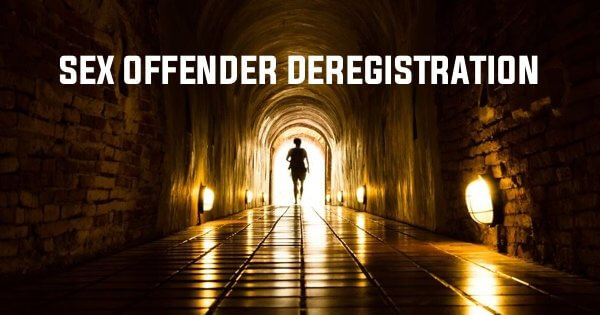Appellate Court Raises a Constitutional Eyebrow at Texas’ Sex Trafficking Statute
 Robert Francis Ritz met a young girl on an online dating website. She was fourteen years old at the time while Ritz was Forty-four. The two began to meet up in person and began to have a sexual relationship. Ritz would pick the girl up from her parents’ house, drive her back to his house, have sex, and then drop her back off at her house. For this conduct, a jury found appellant Ritz guilty of continuous sex trafficking and assessed punishment at life in prison. Ritz appealed to the 3rd District Court of Appeals in Austin.
Robert Francis Ritz met a young girl on an online dating website. She was fourteen years old at the time while Ritz was Forty-four. The two began to meet up in person and began to have a sexual relationship. Ritz would pick the girl up from her parents’ house, drive her back to his house, have sex, and then drop her back off at her house. For this conduct, a jury found appellant Ritz guilty of continuous sex trafficking and assessed punishment at life in prison. Ritz appealed to the 3rd District Court of Appeals in Austin.
See the court’s opinion in Ritz v. State
How Does the Texas Penal Code Define Sex Trafficking?
The Texas Penal Code provides that a person commits continuous trafficking of persons “if, during a period that is 30 or more days in duration, the person engages two or more times in conduct that constitutes an offense under Section 20A.02 [trafficking of persons] against one or more victims.” Tex. Penal Code § 20A.03(a). A person commits trafficking of persons “if the person knowingly . . . traffics a child and by any means causes the trafficked child to engage in, or become the victim of, conduct prohibited by” an enumerated section of the Penal Code. Id. § 20A.02(a)(7). The Penal Code also provides that “‘[t]raffic’ means to transport, entice, recruit, harbor, provide, or otherwise obtain another person by any means.” Id. § 20A.01(4).
Under this broad language, Ritz falls into this category. Ritz argues, however, that he did not traffic this girl and should not be found guilty of human sex trafficking. He argues that the legislature surely did not intend this anti-human-trafficking statute to apply to cases like this where there is no “illegal trade of human beings for profit or for sex trafficking.” Further, he argues that this outcome would lead to “absurd consequences” and increase the punishment range for all sexual offenses involving a minor.
Essentially, Ritz is argued on appeal that this statute was intended for people trading other humans, not for a person driving a girl around so they can have sex together. The Court of Appeals concedes that although this act is “reprehensible,” it is not what is normally thought of as human trafficking because there was no organized crime, prostitution, or forced labor. The court also concedes that the language in the statute may be so broad that nearly every adult who has sex with a minor will be considered a human trafficker.
Nonetheless, the court concludes that as long as this statute is constitutional, then they must enforce it as it was written and not how it should have been written. The court also offers that it could have been possible that the legislature did want to increase the penalties for persons who commit sexual crimes with minors under the “trafficking” umbrella.
Effectively after this case, most every person who has committed a sexual crime with a minor will be eligible to be punished under the trafficking umbrella which faces harsh penalties as seen here. The court noted that Ritz did not challenge the constitutionality of the statute so the court did not look into it. Attorneys facing this same dilemma might raise this constitutional argument to have a better chance on appeal.










